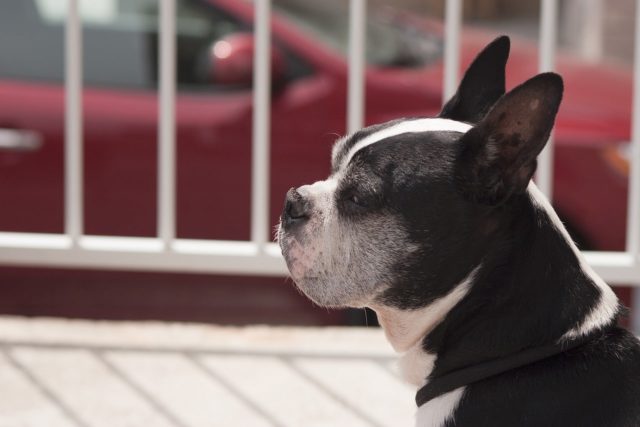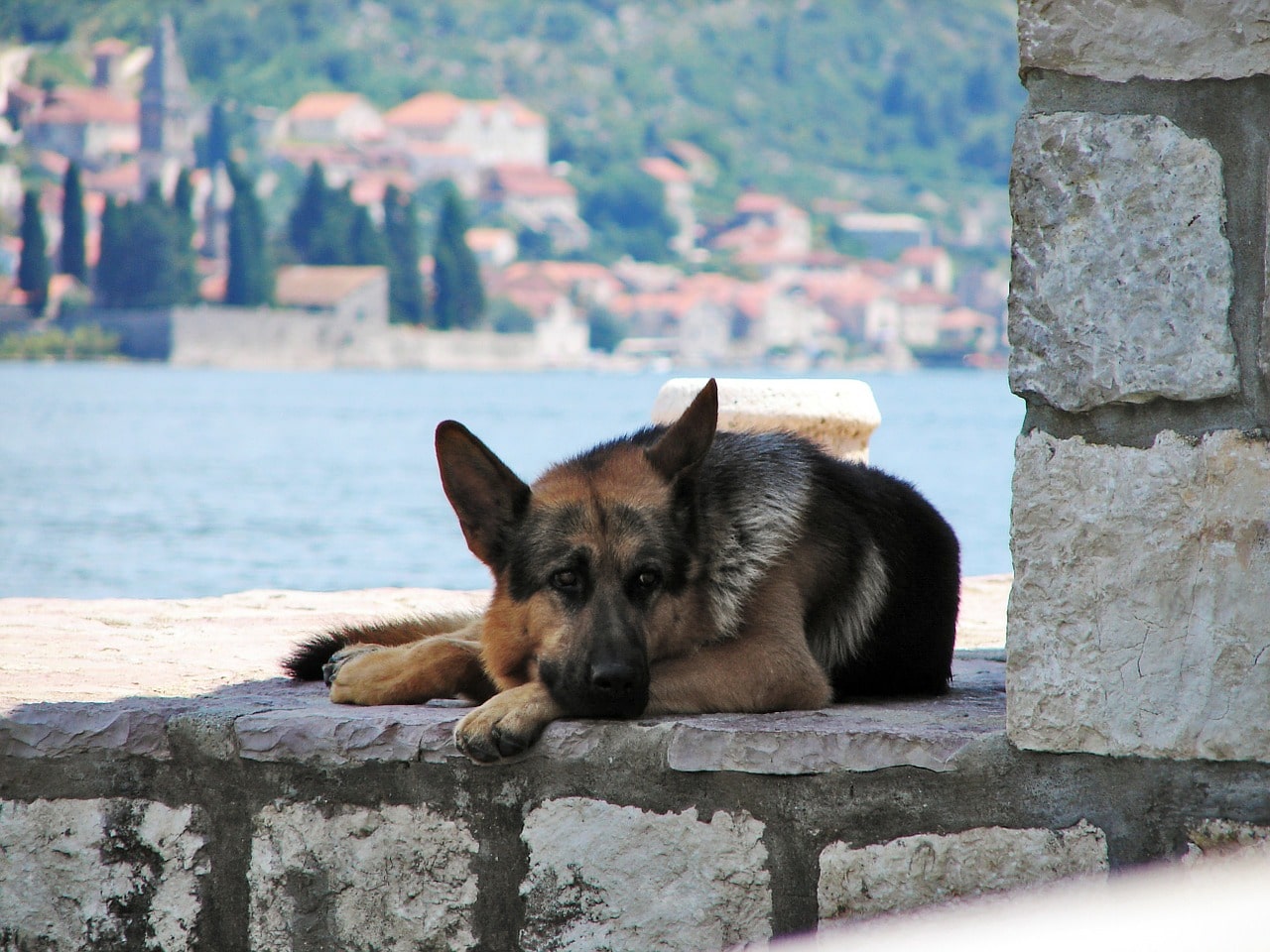

I don’t know about you, but I find moving to a new home takes adjustments, especially if the new place will be a whole new environment.
A good example: moving from a rural area to the suburbs. If it’s already quite an adjustment for me, what more for my dog, right?
Apart from helping yourself adjust to the new environment, it’s also your responsibility to help your dog adjust. There’s a lot more to just moving your pet from the rural area to the city. Here are a few things you may want to go over.
The Potty
If your dog’s used to going out the doggie door and heading to your yard to do his potty, you need to help him adjust once you’re in the city.
If you’ll live in an apartment, most likely you won’t have access to a fenced yard. So your dog will have to adjust and learn to poop and pee on the sidewalk if you don’t have access to a nearby park.
It would also help if you take him out on several walks per day. Make sure to bring poop bags and scooper with you every time you take him out for a walk.
The Noise
Let’s face it! The city is a noisy and crowded place. And this is something your dog will also have to adjust to.
Remember that dogs have sensitive sense of hearing. There’s not much you can do apart from reassuring your dog that it’s okay. He’ll get used to it in the long run.
The Space
In the suburbs you’ve a nice space for a fenced yard where your dog can do his business and run around if he needs to burn off excess energy.
The city may not be as spacious. In the city you’ll either be living in an apartment or in a house that won’t have as much yard space as your old home in the suburbs.
When you move to the city, make sure to take your dog on regular walks every day. Again, the crowd and the traffic is something you need to be careful with.
Keep a tight hold on your dog’s leash, just in case he gets aggressive towards another dog, animal, or human. At least you’ll be able to restrain him and keep him from getting too close to the object of his aggression.
Your Dog’s Health
You don’t have to change your dog’s food. It would be better if you take him to the dog park more often, or take him for walks several times a day to help burn off energy and fat.
Remember that your dog won’t have the same space as at your old place, which means less space for him to move around and burn off energy and fats.
If you’re unable to get him to move as much as he did in the old place, you need to cut back a little on his food. Or switch him to a diet that contains fewer calories. This will help prevent your dog from gaining too much weight.
Before leaving the suburbs make sure to take your dog to the vet for a thorough check and make sure his vaccines are up to date.
When you get to the new place, scout for a vet. This way you’ll know where to take him and the number to call in case your dog has an emergency.
If you were unable to take him to the vet before moving, take him to a vet as soon as possible after you’ve moved to the new place.
Related Articles
Here’s how to have a successful trip to your local dog park
We’ve got lots of information for you on how to bring your pet with you on vacation
Experts agree that socialization is extremely important to your canine friend
Magnus is a therapy dog. He’s also an excellent personal trainer to his owner, Brian Benson








